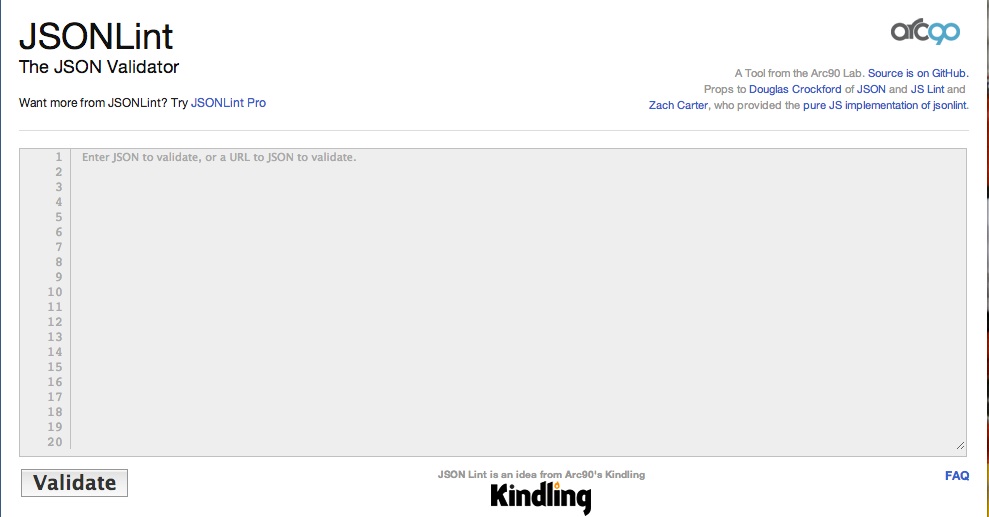
If you have a schema you can use this to normalise the data, but that is an additional step in the process. The Saxon XSLT processor will write JSON out from an XML representation though you may need to do some transformation to get it into the correct XML first.Īnother reason for using JSON is that it understands numbers whereas XML content is handled as text.

If you have access to XSLT then this is a good way to convert from XML to JSON. I would suggest converting from XML into JSON because data is easier to compare in JSON because it is a simpler representation. This depends on the tools you are familiar with and also how you would prefer to see the changes, whether in JSON or XML. Is it easier to convert XML to JSON or vice versa? One benefit of DeltaXML tools is that the changes are represented directly in these formats so they are easy to process and you do not need to load large files into an editor to review changes. The reason is simply that unless your data is small and you can look at it all easily, you will likely need to do some post-processing to get the changes into a form that you can easily review, and this is easier if the changes are represented in JSON or XML. If some of your data is in CSV then it is probably best to convert this to JSON or XML and then compare. Unfortunately comparing the different formats directly is not possible so some pre-processing is needed. Related to this is the question we sometimes get in our support channel: how do I compare the same data in XML and in CSV (Comma Separated Value)? there is data that is in XML and also in JSON and it is necessary to check that the information is the same or to find out where it differs.
#JSON COMPARE FORMAT HOW TO#
One question that arose was how to compare one with the other, i.e. I presented a paper at the Balisage conference recently on the significance (or not!) of element order in XML, “Element order is always important in XML, except when it isn’t”. From now on send in template requests & examples.Data is often published in different formats or serialised from one data source in XML and from another in JSON.



Added numeric key correction to fix JSON option.We are humbled by your kindness and generosity. Can I donate to the project?ĭefinitely! Although you are in no way obligated, we genuinely appreciate every contribution we receive.Ī big thank you goes out to all the donors who have already contributed.
#JSON COMPARE FORMAT OFFLINE#
In order to keep focused on providing the best JSON beautifier and validator online, we do not offer an offline version. Is the JSON Formatter & Validator available offline? For more information visit our Privacy Policy. Is any of my JSON data recorded or saved?Ībsolutely not! Your data is merely processed and returned directly to you. When in doubt, our recommendation is to validate JSON with the latest specification, RFC 8259, as it will ensure the highest level of compatibility. Which JSON specification should I choose? Yes! You can populate and process your JSON data automatically by submitting a GET or POST request ( example) with the following query parameters: dataįourspace, threespace, twospace, compact, or onetab Have questions? These are the answers to the questions we are most frequently asked.


 0 kommentar(er)
0 kommentar(er)
